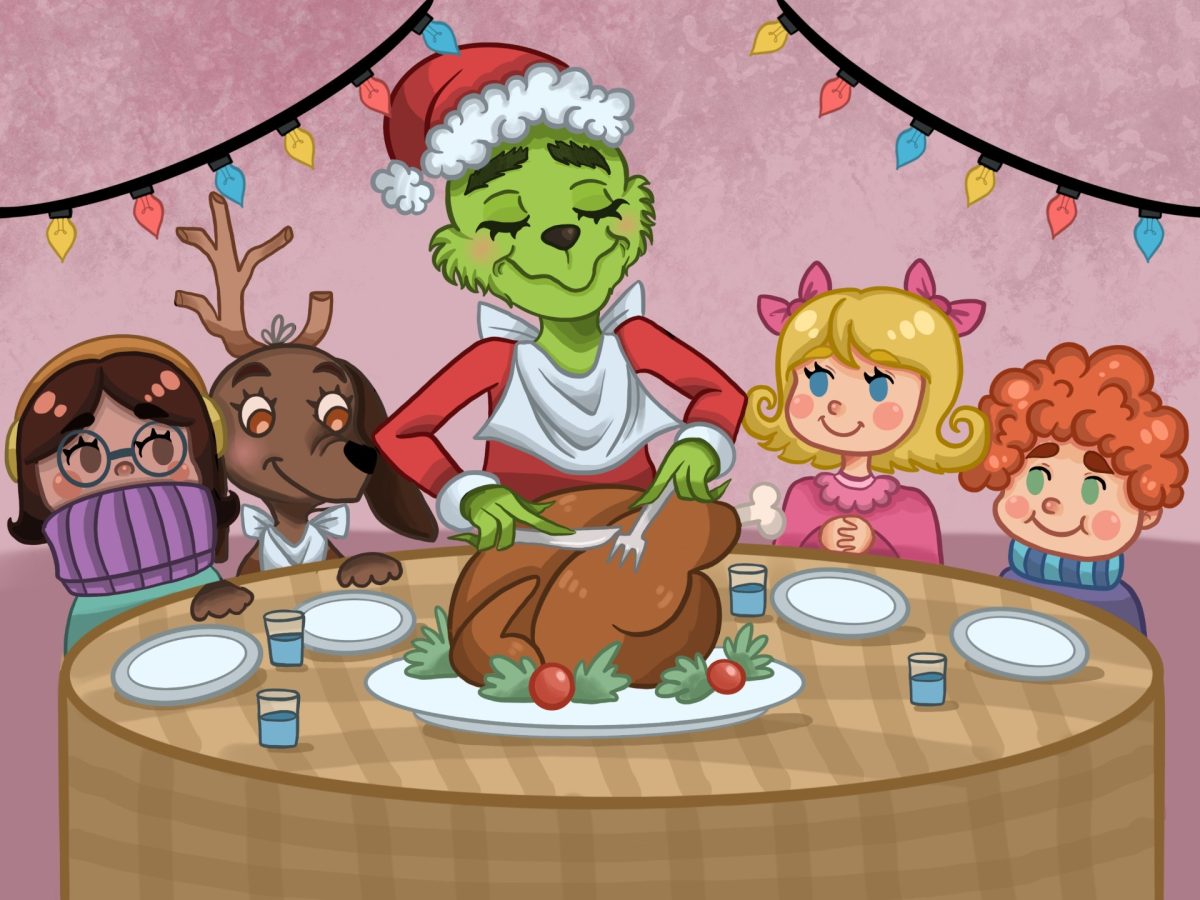DVC students worked with a variety of props, lighting, costumes and musical instruments to produce an entertaining, yet moving and poignant performance of ‘Grapes of Wrath’ that captivated its audience.
Hitting close to home, the theme of the play revolves around the Joad family migrating to California to seek jobs. The play injects a gift of musicality that brings the book to life – with the cast taking turns to sing and play musical instruments, the variety of songs creatively reflects the mood of the characters and the situation. For instance, shortly after the play opened, a row of singers wearing vibrant and colorful traditional American clothing such as flannel, suits and hats, appeared and sang with vigor and vivacity.
There is a salient juxtaposition between appearance and reality, as seen from the presentable and expensive looking outfits worn by the singers, in contrast with the shabby and dull clothing of the Okies. The main prop — an old truck — was undoubtedly visually impactful due to its ruined condition and size, which emitted sense of realism.
DVC professor Ed Trujillo was the director for the show, and through the play, he wants to convey the message that “No matter what happens, people will move on.”
“The play is about hope and enduring spirit that people will move on no matter what,” he said.
Trujillo also worked on creating “an accurate portrayal” of the play. “We worked on the accent, [borrowed] things from the Library of Congress…to get a sense of the time period,” Trujillo said. They focused on “the authenticity, language, gestures” to emulate “how they acted in the time period”.
Their efforts to bring the play to life can be seen from the convincing Oklahoma slang the cast adopted during the play. In addition, the truck they used as a prop was also constructed from three actual separate trucks. The sense of realism brought about was striking – the cast was eating real food on stage, splashed water when they were supposedly bathing in the river, wrapped and carried bodies when certain characters pass on – before realistically burying them.
Trujillo says that the play also sends a “powerful” message about women. The matriarch of the Joad family, Ma, commanded respect from all the characters and made most of the family decisions. Rose of Sharon, despite her unfortunate circumstances, ends the play by saving a man’s life – thus redeeming hope for life and the birth of a new beginning.
Trujillo calls the play’s success a collaborative effort and is “very happy [as they] spent a lot of time on it.” He claims to love theatre, as “You have to see beyond what is there and imagine.”











































































